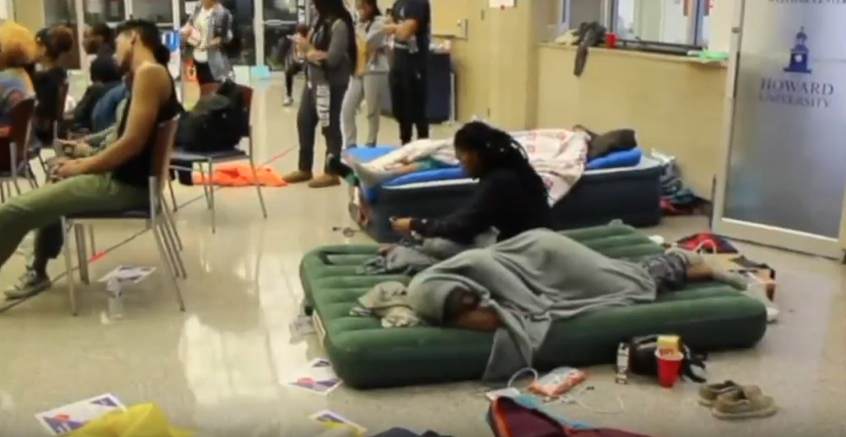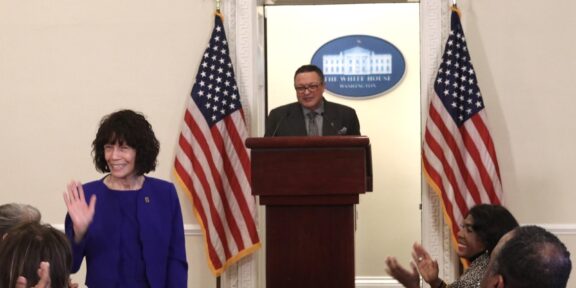Renowned Lawyer Leaves Behind Rich Legacy at Age 67
“Johnnie Cochran is probably the only lawyer in all of the country that police are actually afraid of opposing. He is the attorney who successfully sued the Long Beach Police Department in the case the black man who was found dead by ‘suicide’. He was the attorney who got the LAPD to stop using the chokehold. On more than one occasion I have told harassing officers that Johnnie is a friend of the family and watch them back off. Johnnie has big time respect from all attorneys all around the country and is practically a cult figure to young black attorneys and law students in California. He is afro centric and runs his practice in the ‘hood. Johnnie was a superstar long before the OJ case and will be long after. He has gone head up against the LAPD time and time again and the LAPD has blinked more than once. Never underestimate this man.”
These words were written in 1995 on a website about Johnnie Cochran Jr. Today, his legacy of fighting for the rights of many lives on through the stories and memories shared around the world about a man who came from Shreveport, La and grew up to represent what decent lawyers stood for.
Cochran died yesterday afternoon in his home at the age of 67, accompanied by his wife and two sisters at the time of his death, according to Bill Baker, his brother-in-law. He died of a brain tumor that appeared in January 2004, but after surgery was determined to still be there. His illness was kept a secret for reasons of privacy, but the famed attorney whose name was invoked in many comedy sketches and movies, never seemed to lose his zeal, said family members. In fact, Cochran even went to visit Sean “P. Diddy” Combs while he was on Broadway doing the play A Raisin in the Sun, said Combs in an interview on Larry King Live.
Cochran lived a full life and one in the spotlight, especially after his most famed case, the OJ Simpson trial. That trial, which seemed to hang over him forever, grew to represent Cochran in many people’s eyes, but it also slighted his other accomplishments. In his book, ALlawyer’s Life, he wrote that the trial changed his life “drastically and forever.” “It obscured everything I had done previously,” he said.
And there were so many things he did prior to that case. The first case to put him in the spotlight was that of alleged police misconduct in May 1966 in Los Angeles. A man was stopped by police for speeding his pregnant wife to the hospital and shot dead. Although the case was not won, it was one of the many cases that Cochran would handle in Los Angeles and across the country dealing with police brutality and misconduct.
According to him, however, his most fulfilling and disappointing case was that of Elmer “Geronimo” Pratt, a former Black Panther Party leader and Vietnam War veteran who was accused of robbing and shooting a young white couple on a public tennis court in Santa Monica in December 1968. Originally, Pratt was convicted of the crime, but Cochran never gave up and helped Stuart Hanlon, an attorney who was a longtime criminal defense collaborator with Cochran, win the case 27 years later. He also helped Pratt secure a $4.5-million settlement of a false imprisonment lawsuit.
“There are so many cases I believe in," said Cochran in a 2004 phone interview. "Probably the biggest was Pratt.…Just getting him free — I remember that day down in Orange County, that was probably the happiest day for me in my whole career."
Funeral arrangements have yet to be made, but he is survived by his wife, Dale; his son, Jonathan Cochran; daughters, Tiffany Cochran Edwards and Melodie; and sisters Pearl Baker and Martha Jean Sherrard.
"I want to describe myself, not be described by others."
-Johnnie Cochran-



